In F. Scott Fitzgerald's iconic novel, The Great Gatsby, readers are transported to the roaring 1920s of America, a time of decadence, excess, and moral ambiguity. Through the lyrical prose and vivid imagery, Fitzgerald masterfully captures the glittering world of Jay Gatsby, a mysterious millionaire who throws extravagant parties in the hopes of winning back his lost love, Daisy Buchanan. The novel explores themes of wealth, class, and the elusive American Dream, painting a haunting portrait of the Jazz Age society. Fitzgerald's use of symbolism and character development adds layers of depth to the narrative, making it a timeless classic in American literature. As a prominent figure in the Lost Generation, Fitzgerald drew inspiration from his own life experiences and observations of the changing social landscape during the early 20th century. His own struggles and desires are reflected in the characters of Gatsby and the other inhabitants of West Egg, adding a personal touch to the novel's exploration of identity and disillusionment. I highly recommend The Great Gatsby to any reader interested in delving into the complexities of human nature, society, and the pursuit of happiness. Fitzgerald's poignant prose and insightful storytelling will leave a lasting impact and provoke thought long after the final pages are turned.

Bear Witness
Lark O. Jensen
audiobook
Down Salem Way
Meredith Allard
book
Old Crow
Alice Brown
book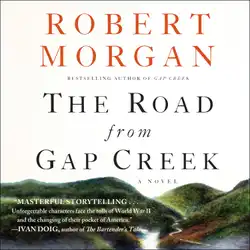
The Road from Gap Creek
Robert Morgan
audiobook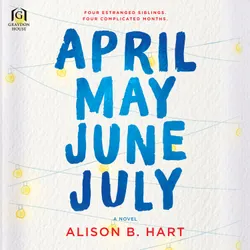
April May June July
Alison B. Hart
audiobook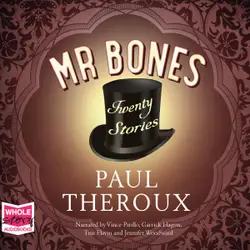
Mr Bones : Twenty Stories
Paul Theroux
audiobook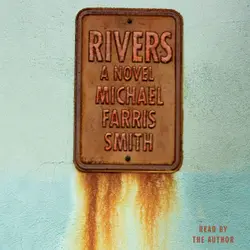
Rivers : A Novel
Michael Farris Smith
audiobook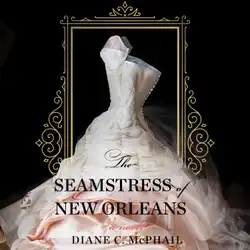
The Seamstress of New Orleans
Diane C. McPhail
audiobook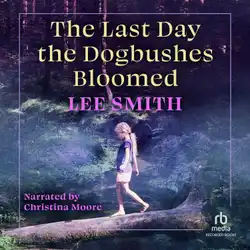
The Last Day the Dogbushes Bloomed
Lee Smith
audiobook
MAYBE THE MOON
Armistead Maupin
audiobook
Silenced
Dani Pettrey
audiobook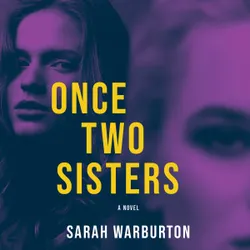
Once Two Sisters
Sarah Warburton
audiobook


